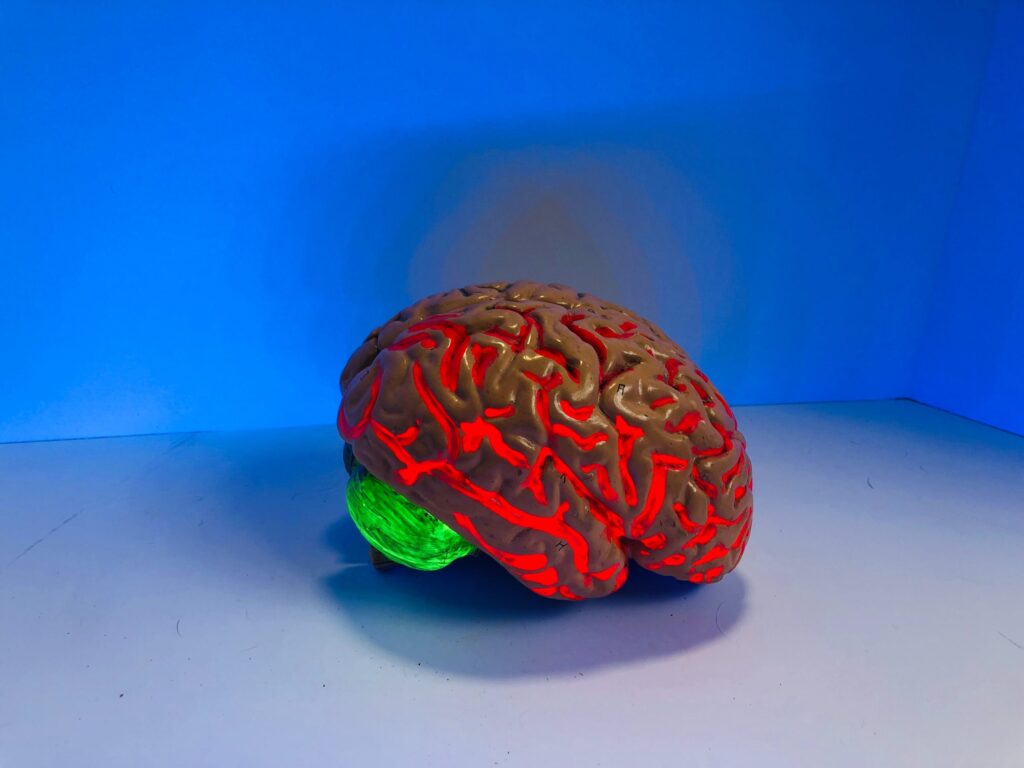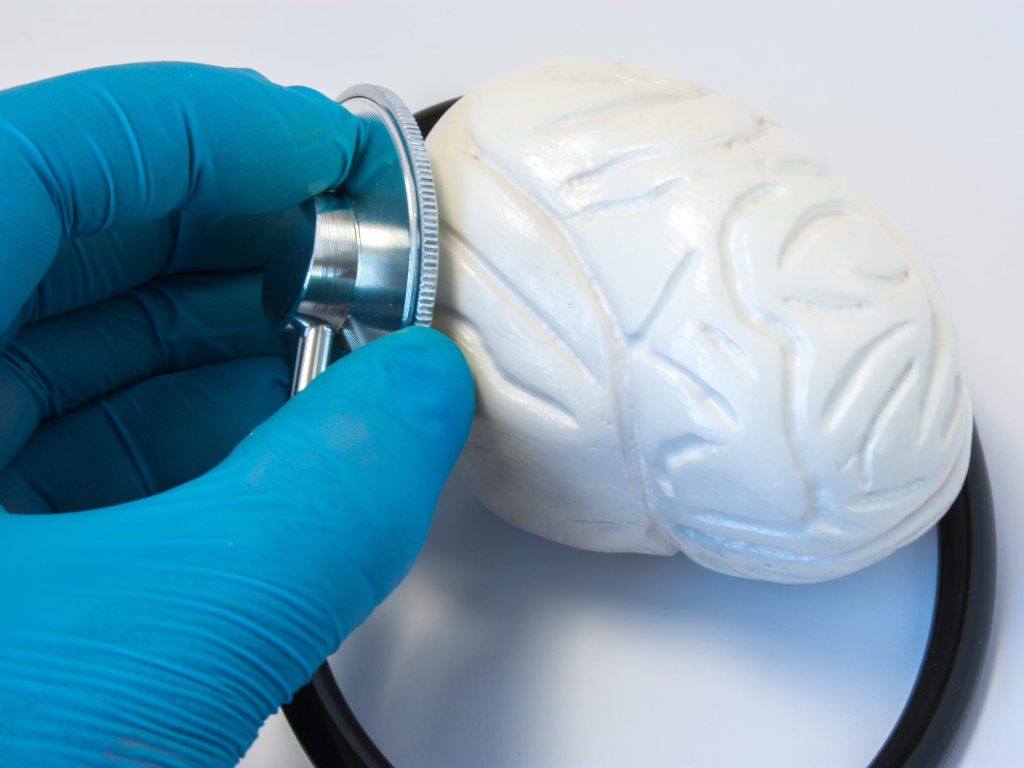Oftentimes people use the terms health and well-being synonymously. But, while there’s no doubt that there is a strong relationship between these two things, they are not necessarily one and the same. Wellbeing is a much more broad term that can refer to a collective number of different traits and states that come together to create a harmonious state.
For example, physical wellbeing can include good health, a well-functioning body, normal energy levels for your age, and so on. Mental wellbeing can refer to the ability to manage your emotions as they arise, your memory skills, your ability to tackle complex problems, and so on. Overall, wellbeing is a state of physical and mental balance.
This article in particular will focus on cognitive health. The health of your brain has a profound influence on your cognitive and overall wellbeing. The opposite is also true. Live a disordered life that prevents you from enjoying wellbeing and the health of your brain may suffer.
Boosting the Brain, Brain Health
Oftentimes when people think about health, they are thinking exclusively of the body. We are so often bombarded with information about proper diet, nutrition, vitamins, exercise, and so on, that sometimes it’s easy to forget that we’re also responsible for our mental health, including the brain.
The brain is one of the most important parts of your body to keep healthy. If your brain isn’t healthy, then you’re going to start seeing all sorts of unwanted side effects.
Thinking of the brain in a few different ways can be helpful for understanding how it works.
The Brain as a Muscle
The brain is often said to be like a muscle.
Like other muscles, the repeated use of the brain strengthens it. However, this isn’t because of hypertrophy, the process by which muscle fibers grow stronger after being torn through heavy usage.
Instead, The brain grows stronger by developing and strengthening neural connections and pathways. These pathways are the ones that nerve impulses follow down to allow us to perform functions like thinking, remembering, solving problems, forming sentences, and so on.
So in that sense, you can train and improve your brain mechanically simply by challenging it everyday.
- Exposure to new knowledge and new ways of thinking helps to formulate new neural connections.
- Performing classic ‘left-brain’ logical activities, such as solving math equations, is a great exercise for the brain.
- Classic ‘right-brain’ creative activities are just as healthy for the brain. Allow yourself to completely drop logic for a moment and unleash your intuitive side through painting, dancing, drawing, sculpting, and what have you.
- Using your brain throughout the day with cognitive exercises like sudoku can help to strengthen it.
The Brain as an Organ
As an organ and part of our body, the brain also relies on certain nutrients to function properly. The omega-3 fatty acids are particularly important for the brain. The brain is largely composed of fat and these healthy fats encourage it to function well.
Another important compound for the health of your brain is acetylcholine. This is a brain compound, called a neurotransmitter, that’s part of a family of many different chemicals that include dopamine and serotonin.
Acetylcholine can be both excitatory (speeds up nerve signalling) and inhibitory (slows down nerve signals) depending on where it is being used. It’s made by the body from choline, a nutrient that can be obtained from eating foods (usually animal products) or by taking choline supplements, many of which are sold as nootropics.
Acetylcholine is particularly important for cognitive functions. Ensuring a steady supply of this compound will help you become a better learner by improving your memory and ability to think quickly.
Glutamate is another important chemical for the brain and for the nervous system in general. Glutamate, another excitatory neurotransmitter, helps your nerves fire. Without it, they wouldn’t be able to transmit messages to one another and therefore you wouldn’t be able to use your brain.
Drugs that inhibit glutamate often reduce anxiety. By slowing down the nervous system they can make one feel much calmer. However, this often comes at the cost of reduced memory and cognitive function.
Glutamate and choline are the most important brain chemicals as far as cognition goes, although the others are important as well. If you become deficient in serotonin or dopamine, then you will certainly start to notice some cognitive decline as well as emotional issues like depression and anxiety
Hormones for Brain Health & Wellbeing
It’s also important that you have a good level of hormones in your body if you want your brain to function properly. Testosterone is one of the most important hormones for cognitive function. Testosterone is present in both men and women, although they require a different balance of it.
A testosterone deficiency can lead to all sorts of unpleasant cognitive symptoms. Brain fog and muddled thinking are among the most common, and people may also become prone to emotional imbalances or outbursts.
Brain Health & Wellbeing

As you can see, the health and function of your brain is incredibly important if you want to have a good sense of wellbeing in your daily life. In addition to helping to regulate your mood and emotions, your brain helps you manage your thinking and logical brain. This lets you think faster, solve problems quicker and communicate more effectively.
Training your brain to be strong and healthy can be as simple as making sure to practice cognitive games every day. The more you use your brain, the smarter you become, and the smarter you become, the more opportunities you’ll be able to seize. This will improve your overall quality of life and improve your confidence.
Conclusion
Improving the health of your brain is one of the best steps you can take on the path to wellbeing. A strong mind means a strong character, and with that, you’ll be able to take care of yourself and ensure that you lead a joyous and fulfilling life.

